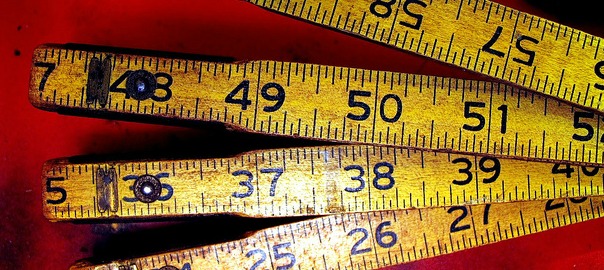Last year I wrote a blog challenging us to move from ‘helping the poor’ to ‘loving our neighbor.’ The intention wasn’t that we should stop serving those who are the vulnerable around us. The story of the Good Samaritan makes it clear—loving our neighbour definitely includes:
- being interrupted
- to help someone with needs
- who you may have no connection to at all.
As I shared, we need to change the way we think about being involved in others lives. Too often we leave the poor feeling like they are a project to cross off our to-do lists rather than people we genuinely care about.
So why the difference and why is it so important? In reality being poor in a ‘rich’ nation is a painful thing—not so much because of what you lack materially but because of how it leaves you feeling. As Brian Fikkert explained in the book When Helping Hurts, many poor people describe being poor through psychological terms: shame, inferiority, powerlessness, humiliation, fear, depression, social isolation, voicelessness.
If you take time to search the web or watch a few youtube videos, you see these ideas being repeated again and again.
- “Living in poverty is like being punched in the face over and over and over on a daily basis. It’s pulling yourself out of a hole, only to fall over a cliff. Every step in the right direction is rewarded with a hearty push several steps back.” – Jenn from New York City
- “It really makes you feel like crap. You can’t do anything for your own kids. It makes you feel bad because you feel like everyone else is doing everything for your kids and you can’t do anything.” – Sonny
- “It makes me feel bad to not be able to provide for my kids. It makes me feel like less of a man” – Jim
- “You feel like you are less of a person.” – Zarah from Philadelphia
- “Being poor is depressive. You never feel hopeful.” Linda from San Francisco
- “[I] feel alone, different and isolated, like a leech to society.” – Brienne from Buffalo
If we truly want to love those who feel this way, then we need to do so in ways that restore rather than destroy their dignity. Take time to think about all the activities that you know of that are intended to help the poor—which of them give dignity and which might reinforce feelings of powerlessness or inferiority?
In the book Toxic Charity, Robert Lupton tells a powerful story of how the men in the house of those receiving Christmas gifts hid. Why? Because they were embarrassed to be the recipients of charity, to not be able to provide Christmas gifts for the children themselves. Rather than seeing the love of Christ, they only saw how inadequate they were. The author challenges us to think about how to do things different. For example rather than setting up centers that give away clothes why not set up a small business, staffed by those who need the work, with decisions made by those who it’s intended to serve, that sells clothes at minimal prices. Allowing the poor to make the decisions on how such a ‘business’ should be run, gives back the dignity that God created them to have.
While most of us have never experienced significant poverty, many of us do know what it’s like to be looked down on, to feel like we don’t quite measure up. It’s not a great feeling. As we evaluate how to love and serve those who are needy, let us use the measuring stick of whether our actions give or take dignity as a way of determining what we should do.
Image courtesy of frankieleon / Flickr.com


[…] the idea of restoring dignity (and more to come). Seriously, if you missed Anna’s reflection on February 2, you really NEED to take a few minutes and read […]